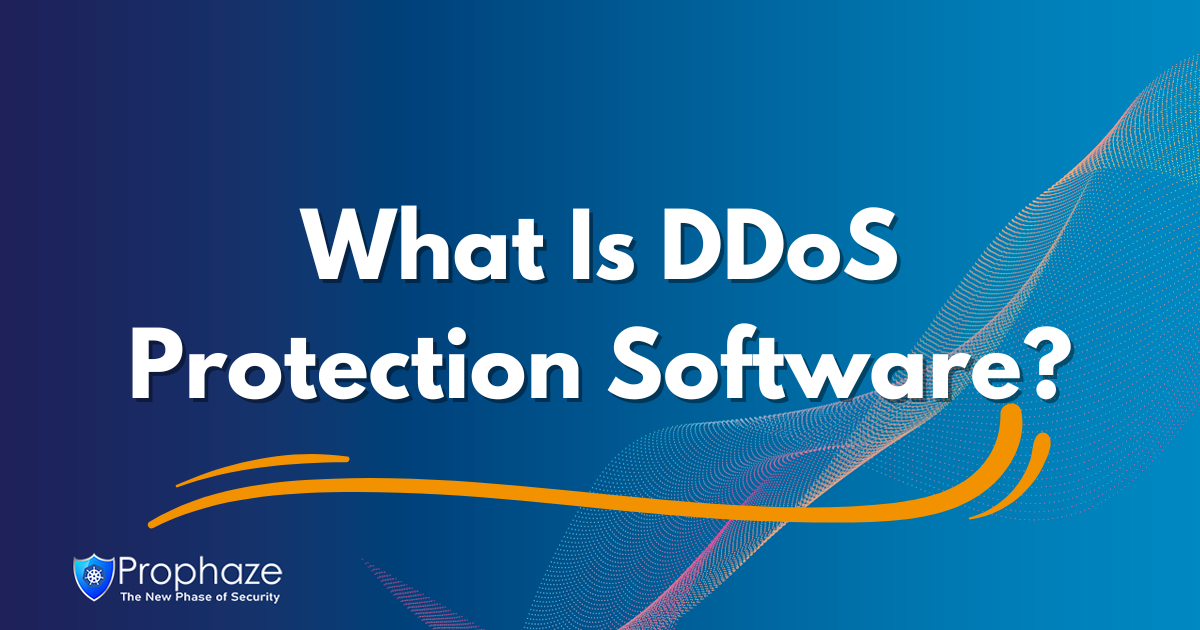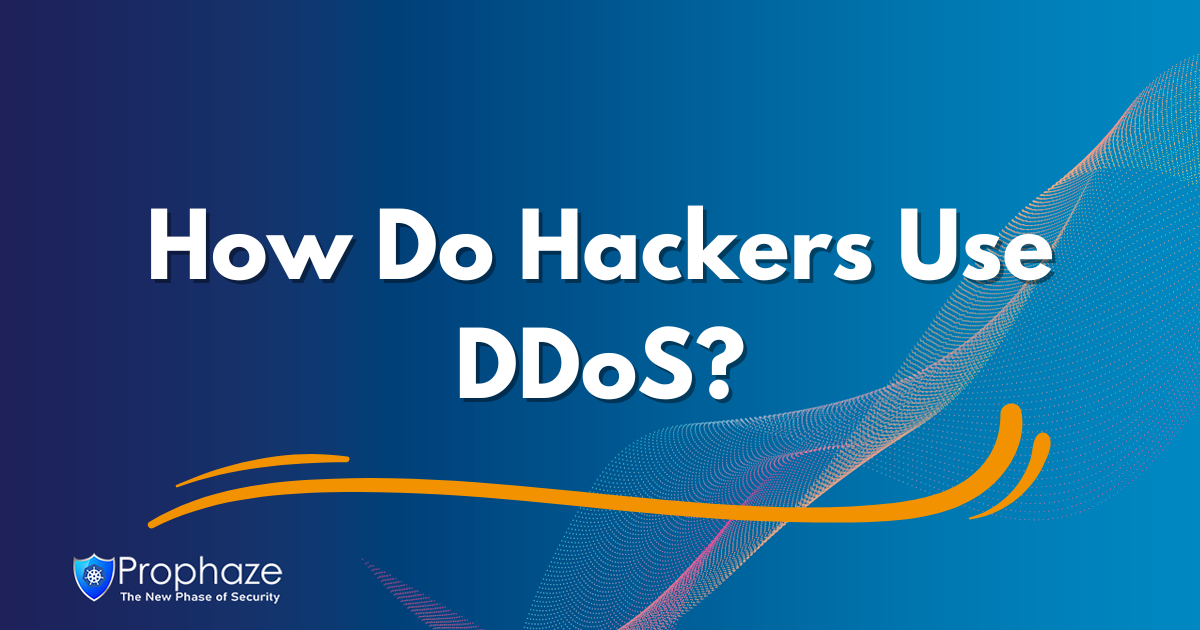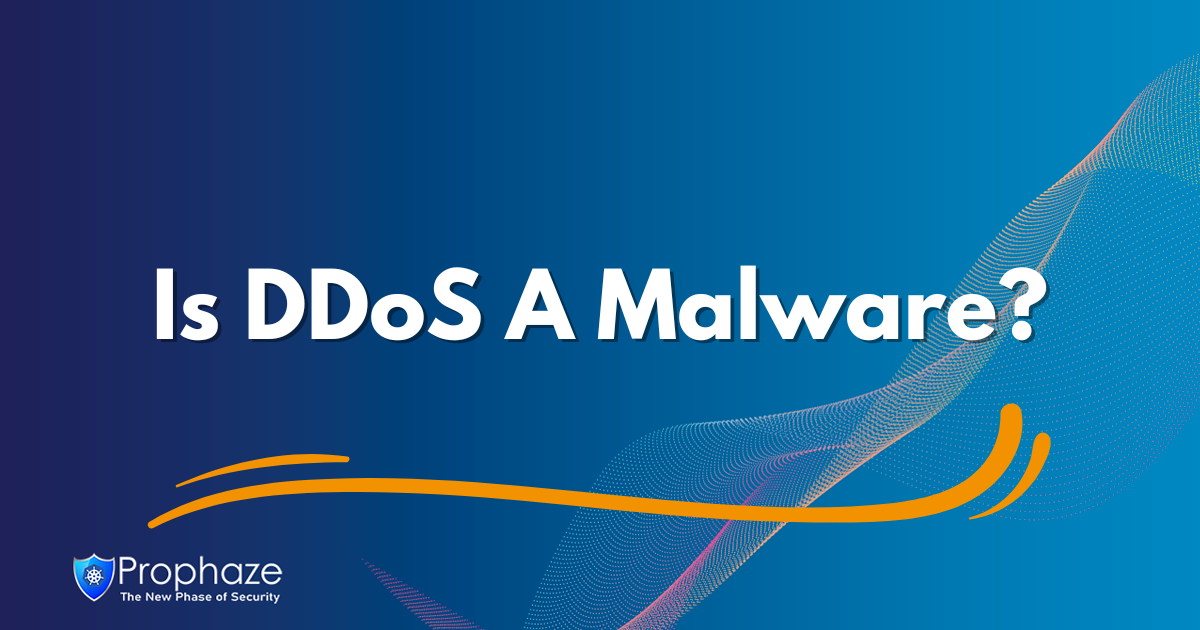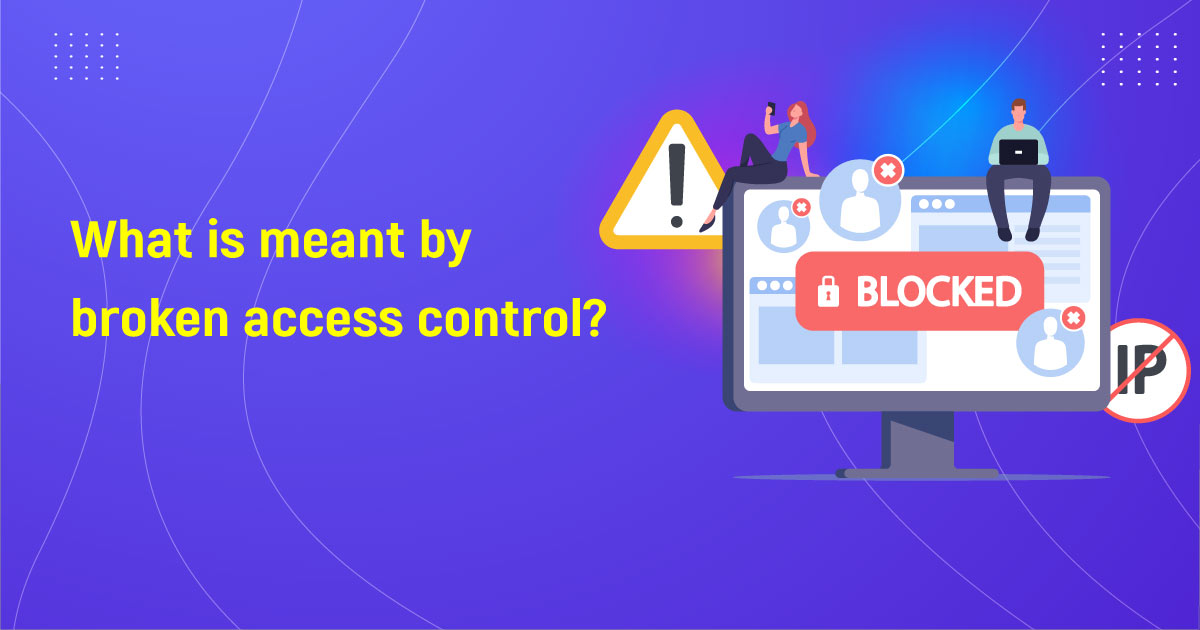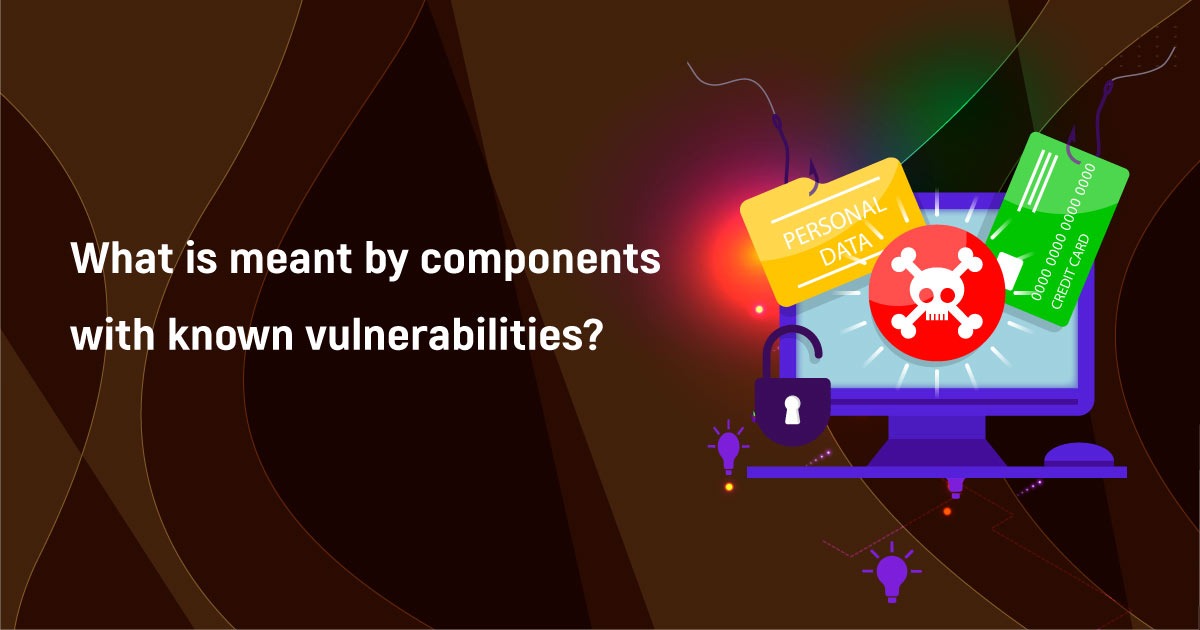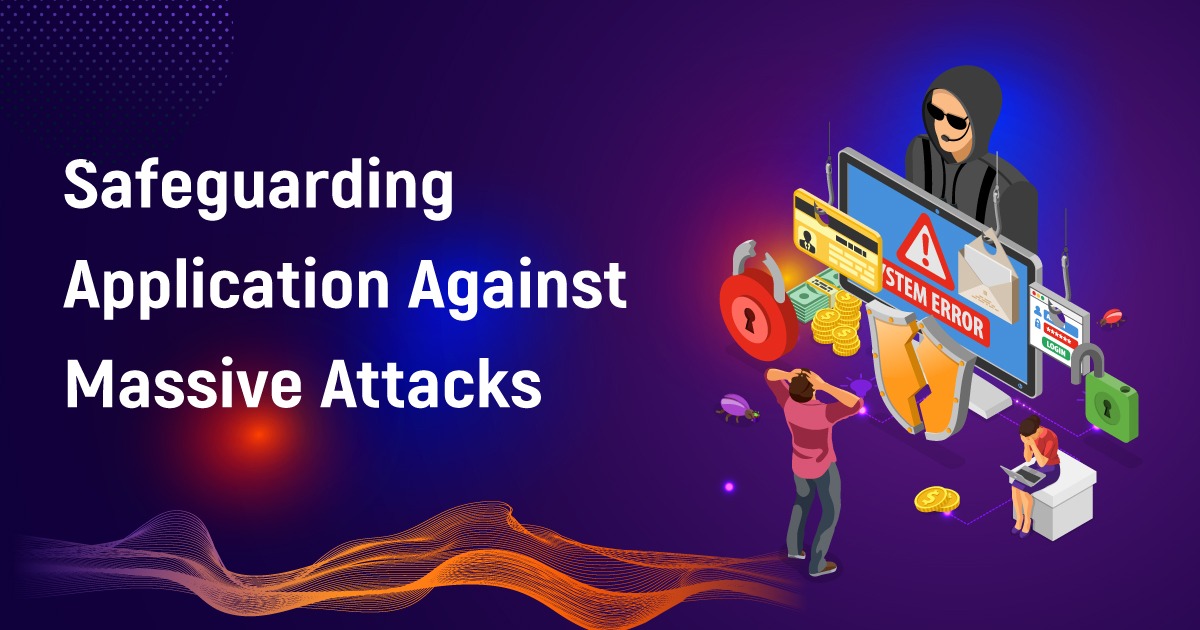Unraveling the Risk Landscape
Distributed Denial of Service (DDoS) attacks pose a significant danger to cybersecurity across all business sectors and size ranges. DDoS attacks can disrupt online services, endanger business continuity, and harm a company’s reputation. In this blog, we will examine the risks related to DDoS attacks. We will also explore the various elements that render it a formidable threat.
-
A substantial operational risk for businesses comes from DDoS attacks. By swamping a target system or network with a great deal of traffic or requests, attackers can make vital online services unavailable to legitimate users. The severe consequences of this interruption in service include potential financial losses, disrupted workflows, and loss of productivity. The operational risk of DDoS attacks emphasizes the importance of organizations implementing robust prevention and mitigation strategies.
-
DDoS attacks have a reputational risk as their impact goes beyond the immediate operational disruptions. Those organizations that cannot effectively respond to an attack or suffer prolonged service downtime risk damaging their reputation. Customers and users expect online services to be dependable and accessible. If these expectations are inadequate, a DDoS attack may result in an erosion of credibility and trust. Reputational damage may lead to customer attrition, negative publicity, and long-term harm to an organization's brand image.
-
DDoS attacks can have significant financial implications for businesses. Mitigating an attack, restoring services, and implementing preventive measures can incur substantial costs. Furthermore, companies might encounter monetary repercussions due to decreased sales, overlooked business prospects, and contractual penalties for violating service-level agreements (SLAs). It's crucial to allocate resources to reliable DDoS prevention solutions to reduce the potential financial impact.
-
In specific sectors like finance, healthcare, and e-commerce, organizations face strict legal and regulatory demands about data protection and service availability. DDoS attacks that result in data breaches or non-compliance with industry regulations can expose organizations to legal liabilities, fines, and reputational harm. Organizations acknowledge the legal and regulatory risks connected with DDoS attacks and implement proactive measures to safeguard sensitive data and ensure compliance.
-
Organizations indirectly targeted can also face the risk of collateral damage from DDoS attacks. In certain instances, attackers could exploit and employ a group of unwitting devices (botnets) to initiate attacks on their primary objectives. However, these attacks may unintentionally affect other organizations that share the same infrastructure or provide hosting services. Reputational damage, financial losses, and disrupted operations are potential effects on unintended victims caused by collateral damage.
Conclusion
DDoS attacks pose a multi-faceted risk to organizations, which could undermine their ability to manage their operations, control their image, and preserve their financial stability. The development of comprehensive DDoS prevention and mitigation strategies by organizations relies heavily on their ability to understand the nature of this risk. Organizations can reduce the risk of DDoS attacks and ensure the availability, integrity, and reputation of what they provide by incorporating traffic monitoring, early detection, and efficient mitigation techniques into their comprehensive cybersecurity measures. They can also guarantee the availability, importance, and reputation of their digital offerings. Remaining vigilant and proactive enables organizations to protect themselves against this evolving threat and preserve their digital assets in an increasingly interconnected world.

